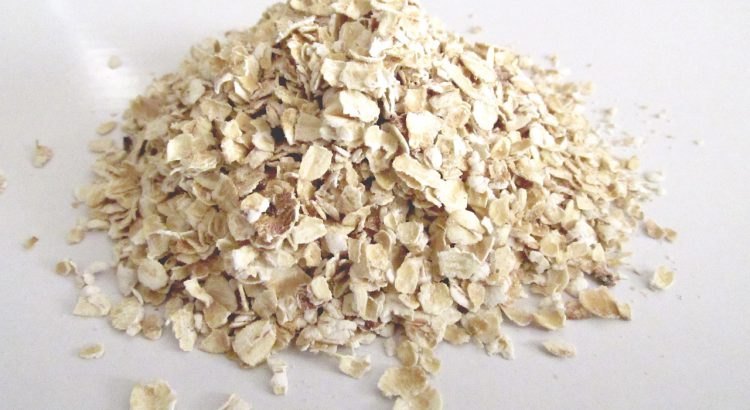Try a new twist on chicken! Too busy? Consider purchasing already prepared salsa, add cheese and top on chicken.

Medical Misconception: Drink Eight Glasses of Water a Day
Each month, we weigh in on a health and wellness myth and explain the real cause behind the malady.
This month’s misconception: Drink eight glasses of water a day

Chicken with Roasted Sweet Potato Salad
Sweet potatoes are an excellent source of vitamin A and a good source of vitamin C. Incorporating vegetables into your meals will help you meet all of your nutrient needs.

Lunch Shake
Smoothies are an easy way to meet your fruit and vegetable needs for the day. Here’s a nutrient-dense, protein packed shake that can be enjoyed for any meal or snack during the day.

Inside Carroll Hospital: Vision 2020 Update
In 2013, Carroll Hospital unveiled Vision 2020, a seven-year strategy to create a new model of care: one that focuses not only on delivering exceptional care for the sick, but also on helping community members get healthy and stay well. Now three years into the ambitious plan, we sat down with Helen W. Whitehead, chair of the hospital’s board of directors, to see how Carroll Hospital is transforming that Vision into a reality.

Roasted Red Pepper and Cannellini Dip
In need of a simple, healthy appetizer for a get-together? Try this tasty roasted red pepper and cannellini bean dip! Pair with veggie sticks or whole-wheat crackers, or use as a condiment for sandwiches.

A Heart-Healthy Diet
Eating a heart-healthy diet and living a healthy lifestyle are two ways you can help prevent the development of hypertension, high cholesterol or heart disease.

Thyroid Disorders
In honor of Thyroid Awareness Month, we’re shedding some light on this gland that is so important to your health.

No Bake Chewy Granola Bars
In need of an easy snack for work or for an after school snack? These granola bars are easy to make. Make the recipe your own. Consider swapping almond butter for peanut butter or dried cranberries for dates.

Happy Anniversary
At 1 p.m. on October 1, 1961, Carroll County General Hospital opened its doors to the community. Less than seven hours later, according to a local newspaper, the first baby was born and three emergency cases were handled.
